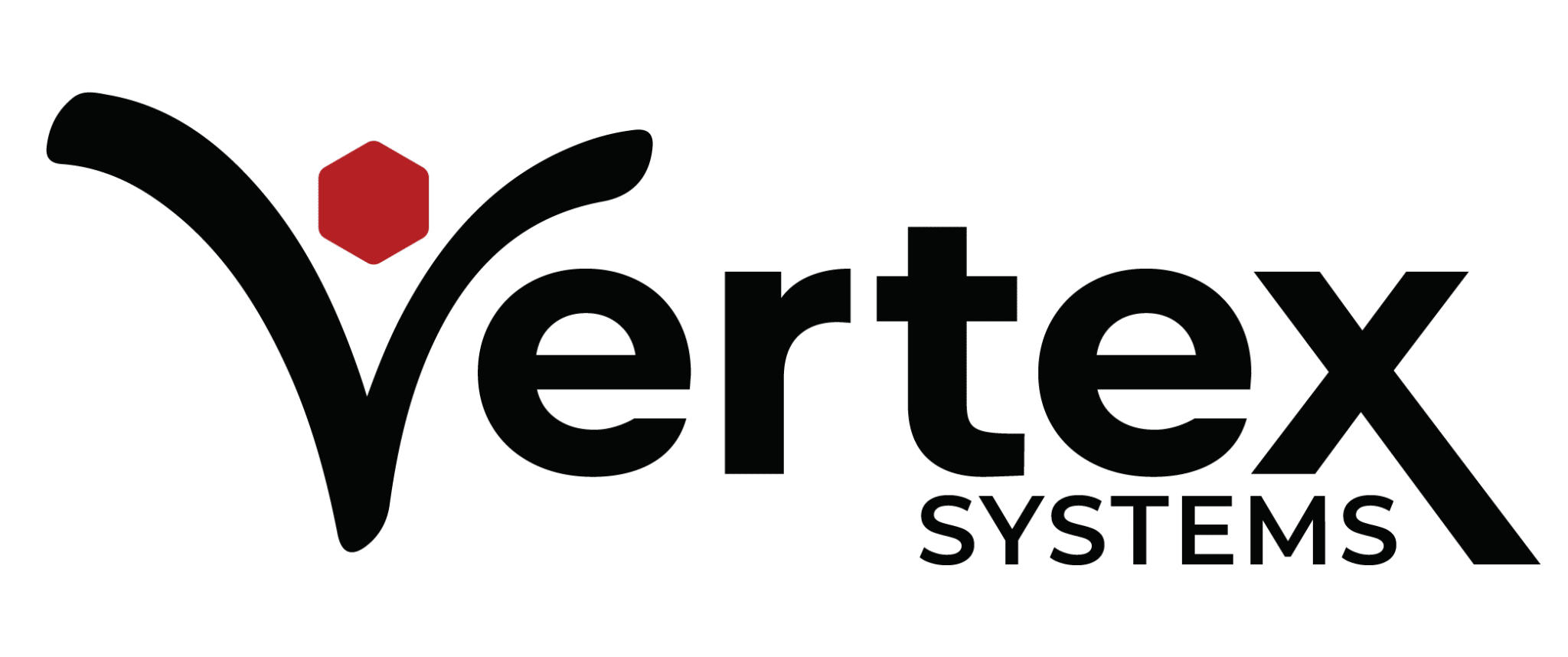Creating a world where individuals with Intellectual and Developmental Disabilities (IDD) can thrive equally is a goal worth striving for. Understanding the best practices for supporting these individuals is essential. This article will explore various strategies to foster inclusivity and empower those with IDD, ensuring they have equal opportunities to experience life to its fullest.
Education and Awareness
First and foremost, education and awareness are critical. Understanding the different types of disabilities and the preferred terminology can significantly impact how we provide support.
- Mindful Language: It’s crucial to adopt each person’s preferred terminology. Some prefer person-first language, focusing on the individual rather than the disability (e.g., “someone has autism” instead of “autistic person”). Others may prefer diagnosis-first language (e.g., “autistic person”).
- Tailored Support: Each disability requires different levels of support and independence. By understanding these needs, you can provide more effective and specific assistance.
- Rights and Advocacy: Educate individuals with IDD about their rights. Advocate for policies that protect and support them and involve them in decision-making processes to encourage self-advocacy.
Increase Accessibility
Accessibility is a critical factor in creating an inclusive environment. By removing barriers, we enable individuals with IDD to participate more fully in society.
- Assistive Technology: Offer tools for communication and learning tailored to their needs.
- Public Spaces and Transportation: Improve public spaces and transportation systems to be more accessible for those with mobility disabilities.
- Digital Accessibility: Use closed captions and design accessible websites to ensure everyone can access information and services.
Provide Support Without Exerting Control
It’s essential to provide support in a way that respects the autonomy of individuals with IDD.
- Respect Autonomy: Refrain from providing unsolicited assistance and honor their capability to manage tasks independently. Tailor your support as necessary.
- Support Networks: Cultivate robust support systems comprising friends, family, caregivers, and professionals. Success relies on open communication and collaboration among all parties involved.
Practice Patience
Patience is a virtue, especially when supporting individuals with IDD. They may require more time to engage in activities, and that’s okay.
- Time and Assistance: Offer the necessary time and assistance without jumping to conclusions that they need a modified version of the activity.
- Manageable Steps: Divide activities into distinct, manageable steps to enhance focus and reduce frustration.
Discover How Vertex System Helps Support Inclusive Environment for Individuals with IDD
Supporting individuals with IDD goes beyond a few strategies; it requires a comprehensive approach. At Vertex Systems, we’re committed to promoting inclusive environments that empower these individuals. Supporting individuals with IDD involves a combination of education, accessibility, respectful support, and patience. By implementing these strategies, we can foster a more inclusive and empowering environment for everyone.
For more information and to see how Vertex Systems can help, reach out to us today.


